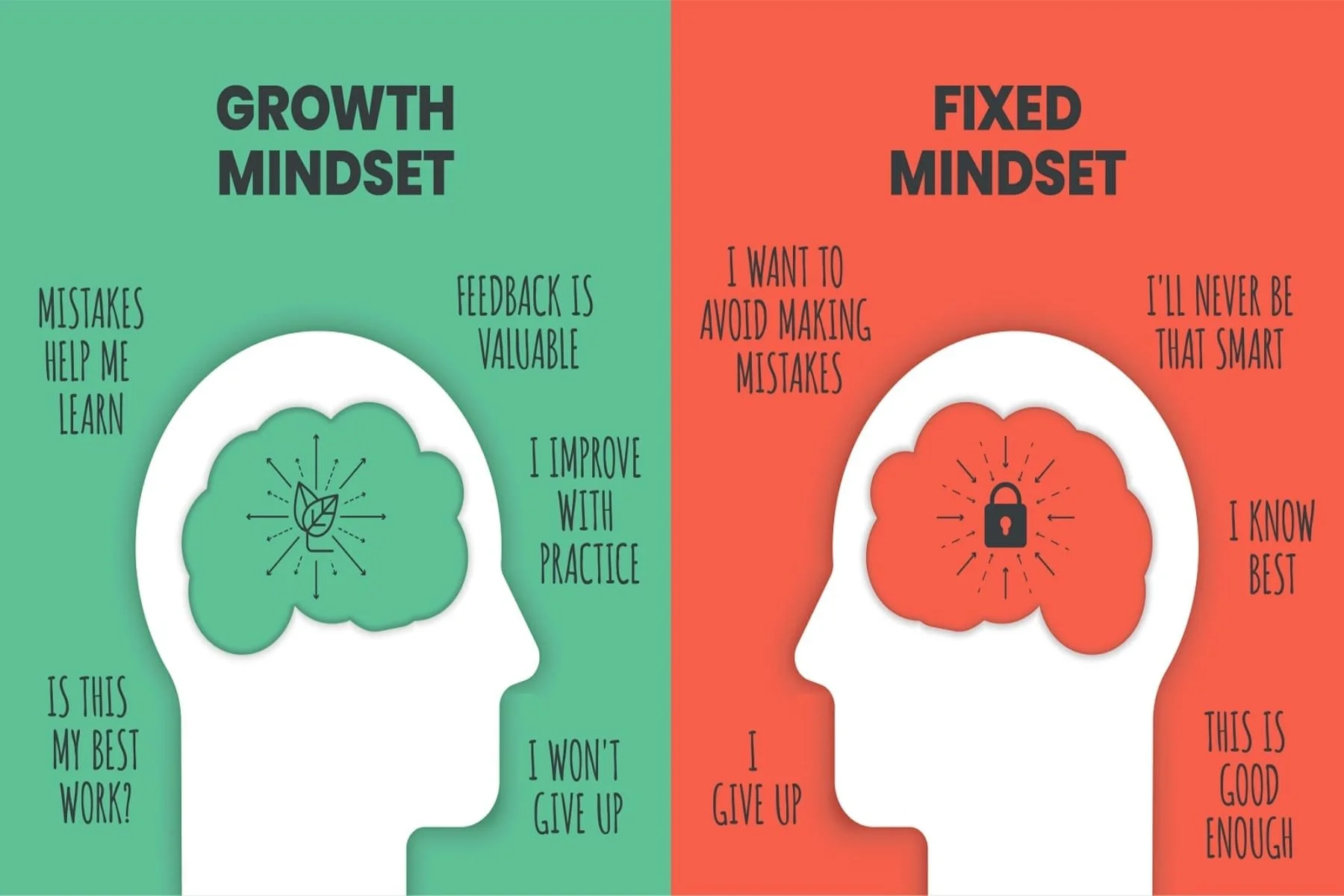Book Recommendation: Mindset
"Mindset" is a thought-provoking and insightful book written by psychologist Carol S. Dweck. In this book, Dweck explores the concept of mindset and its impact on our lives. She argues that our mindset, or the way we perceive and interpret the world, has a significant influence on our success, relationships, and overall well-being.
One of the key ideas presented in "Mindset" is the distinction between two types of mindsets: the fixed mindset and the growth mindset. Dweck explains that individuals with a fixed mindset believe that their abilities and intelligence are fixed traits that cannot be changed. They tend to avoid challenges, give up easily, and view failures as a reflection of their own inadequacy. On the other hand, individuals with a growth mindset believe that their abilities can be developed through hard work, dedication, and perseverance. They embrace challenges, see failures as opportunities for growth, and are more likely to achieve their goals.
Dweck provides numerous examples and studies to support her argument that a growth mindset leads to greater success and happiness. She discusses how the mindset we adopt can affect our motivation, resilience, and willingness to take risks. For instance, she highlights research on students and shows that those with a growth mindset tend to achieve higher grades and have a more positive attitude towards learning compared to those with a fixed mindset.
Furthermore, Dweck examines the impact of mindset on relationships and parenting. She explains how a fixed mindset can hinder personal growth and prevent individuals from accepting feedback or admitting mistakes, leading to conflict and strained relationships. On the other hand, a growth mindset fosters open communication, empathy, and a willingness to learn from others. Dweck emphasizes the importance of cultivating a growth mindset in parenting, as it helps children develop resilience, a love for learning, and a belief in their own potential.
In addition to discussing the differences between the fixed and growth mindsets, Dweck offers practical strategies for cultivating a growth mindset. She suggests reframing failures as learning opportunities, embracing challenges, seeking feedback, and focusing on the process rather than just the outcome. Dweck provides real-life examples of individuals who have successfully changed their mindset and transformed their lives through these strategies.
Overall, "Mindset" is a compelling book that challenges our beliefs about intelligence, talent, and success. Dweck's research and insights provide a valuable framework for understanding the power of mindset and its role in shaping our lives. By adopting a growth mindset, we can unlock our full potential, overcome obstacles, and achieve greater fulfillment in all areas of life.


